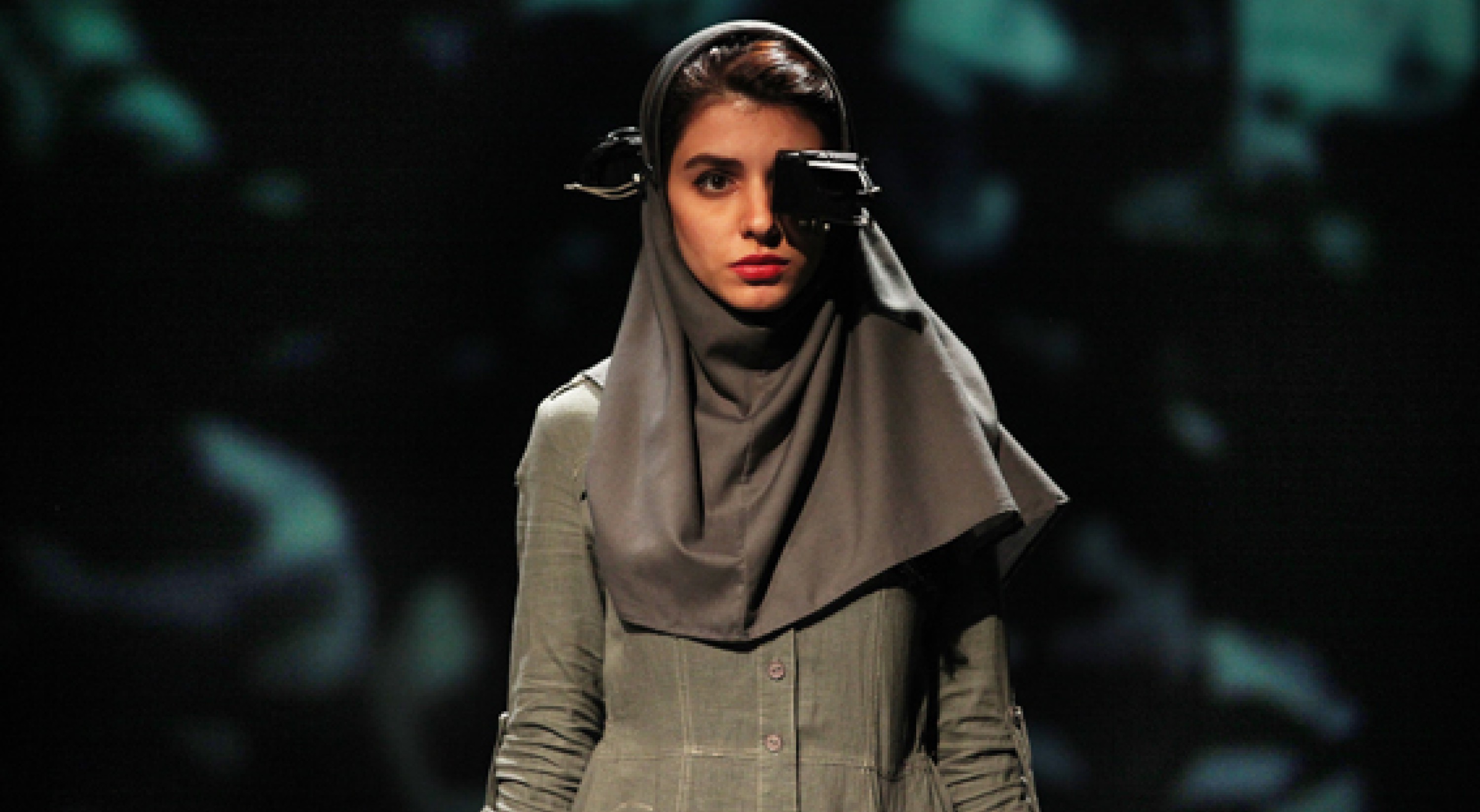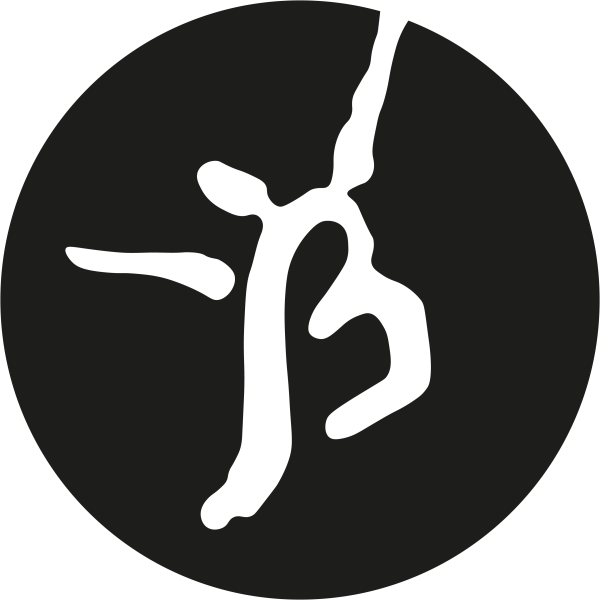Amir Reza Koohestani
Hearing
octoberoct 11 – 19
Written and directed by, Amir Reza Koohestani
With Mona Ahmadi, Ainaz Azarhoush, Elham Korda, Mahin Sadri
Assistant directors, Mohammad Reza Hosseinzadeh, Mohammad Khaksari
Video, Ali Shirkhodaei
Music, Ankido Darash, Kasraa Paashaaie
Sound, Ankido Darash
Lighting design, Saba Kasmaei
Stage design, Amir Reza Koohestani assisted by Golnaz Bashiri
Costumes and props, Negar Nemati assisted by Negar Bagheri
Stage manager, Mohammad Reza Najafi
French translation and subtitles, Massoumeh Lahidji
A Mehr Theatre Group production // A La Bâtie-Festival de Genève coproduction ; Künstlerhaus Mousonturm Frankfurt am Main ; BOZAR - Centre for Fine Arts Brussels // In association with Théâtre de la Bastille (Paris) ; Festival d’Automne à Paris // Hearing was written during a residency at the Akademie Schloss Solitude (October 2014 – March 2015) in Stuttgart, Germany. // With support from Onda // First performed on 15th July 2015 at Charsou Hall, City Theatre (Tehran)
Amir Reza Koohestani’s inspiration for his piece entitled Hearing stems from two sources. Firstly, the documentary Homework, made by Abbas Kiarostami in 1989, in which we are given an insight into the expected norms of violence in the Iranian education system. Secondly, the work of the Iranian visual artist Shohreh Mehran. Through the destiny of a group of women trying to come to terms with a seemingly trivial occurrence, his piece explores the issues of blame and remorse. As is often the case in his shows, the stage set is minimal: a bare stage, divided up into blocks of light. Two women reply one after the other to the audience’s silent questioning, until suddenly the lights come up on the female interrogator and what she says. The questioning starts up, and intrigue soon develops around the supposed intrusion of a man into one of the female dormitories, at a Tehran university. The riddle remains unsolved, but their lives are soon to be overturned. Audience members find themselves being carried off on a whirlwind journey, made possible by the camera work, and lose all sense of time. The piece becomes a heart-rending reflection on the theme of absence. What transpires in Amir Reza Koohestani’s theatre, with all its realism and poetry, is a secret face of Iranian society - despite the censorship. Any words spoken are delivered with immense subtlety, free of any form of manicheism, or denunciation. Amir Reza Koohestani devises his stories with a mirror-like effect, in order to evoke the relationship with others and the distance between individuals. Today, the communicatory nature of his work has made him a major figure in the world of Iranian theatre.
In the same place

